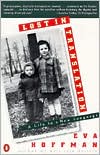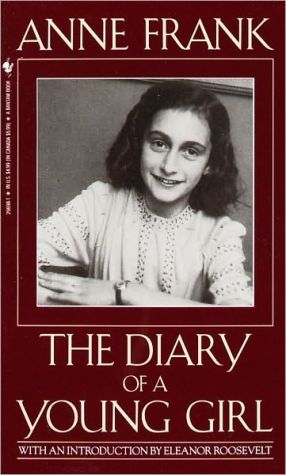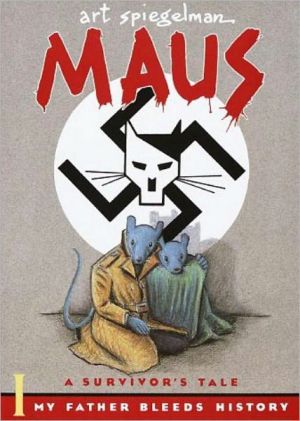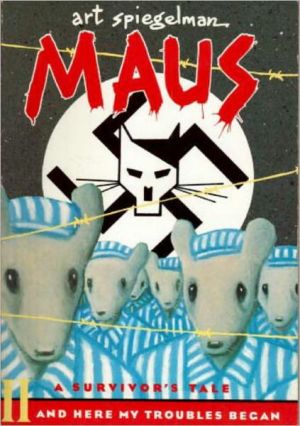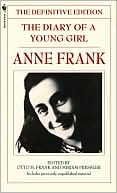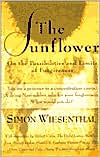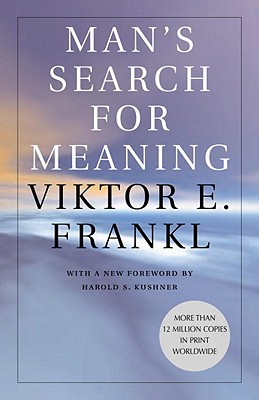Lost in Translation: A Life in a New Language
The late poet and memoirist Czeslaw Milosz wrote, “I am enchanted. This book is graceful and profound.”\ \ \ \ Since its publication in 1989, many other readers across the world have been enchanted by Lost in Translation: A Life in a New Language, a classic of exile as well as immigrant literature, as well as a girl’s coming-of-age memoir. Lost in Translation moves from Hoffman's childhood in Cracow, Poland to her adolescence in Vancouver, British Columbia to her university years in Texas and...
Search in google:
This remarkable book is Eva Hoffman's personal story of her experiences as an emigre who loses and remakes her identity in a new land and translates her sense of self into a ... Publishers Weekly Daughter of Holocaust survivors, the author, a New York Times Book Review editor, lost her sense of place and belonging when she emigrated with her family from Poland to Vancouver in 1959 at the age of 13. Although she works within a familiar genre here, Hoffman's is a penetrating, lyrical memoir that casts a wide net as it joins vivid anecdotes and vigorous philosophical insights on Old World Cracow and Ivy League America; Polish anti-Semitism; the degradations suffered by immigrants; Hoffman's cultural nostalgia, self-analysis and intellectual passion; and the atrophy of her Polish from disuse and her own disabling inarticulateness in English as a newcomer. Linguistic dispossession, she explains, ``is close to the dispossession of one's self.'' As Hoffman savors the cadences and nuances of her adopted language, she remains ever conscious of assimilation's perils: ``But how does one bend toward another culture without falling over, how does one strike an elastic balance between rigidity and self-effacement?'' (Jan.)
\ Publishers Weekly - Publisher's Weekly\ Daughter of Holocaust survivors, the author, a New York Times Book Review editor, lost her sense of place and belonging when she emigrated with her family from Poland to Vancouver in 1959 at the age of 13. Although she works within a familiar genre here, Hoffman's is a penetrating, lyrical memoir that casts a wide net as it joins vivid anecdotes and vigorous philosophical insights on Old World Cracow and Ivy League America; Polish anti-Semitism; the degradations suffered by immigrants; Hoffman's cultural nostalgia, self-analysis and intellectual passion; and the atrophy of her Polish from disuse and her own disabling inarticulateness in English as a newcomer. Linguistic dispossession, she explains, ``is close to the dispossession of one's self.'' As Hoffman savors the cadences and nuances of her adopted language, she remains ever conscious of assimilation's perils: ``But how does one bend toward another culture without falling over, how does one strike an elastic balance between rigidity and self-effacement?'' (Jan.)\ \ \ \ \ Library JournalBorn in Poland shortly after World War II, Hoffman emigrated to Canada with her parents in 1959. Gifted both as a writer and a musician, Hoffman succeeded enough in her ``second'' culture to win scholarships to Rice and Harvard and to become a published author in her adopted language and a New York Times editor. But, as this perceptive and moving memoir demonstrates, no matter how successful the adaptation to a new culture, the immigrant experiences loss as well as gain. Hoffman makes one feel intensely the pain of an abrupt rupture with one's culture and native language, as well as the difficulties of adjusting to a new idiom. Recommended for public and college libraries. Ann. H. Sullivan, Tompkins Cortland Community Coll . , Dryden, N.Y.\ \ \ John Leonard"As a childhood memoir, Lost in Translation has the colors and nuance of Nabokov's Speak, Memory. As an account of a young mind wandering into great books, it recalls Sartre's Words. … As an anthropology of Eastern European émigré life, American academe and the Upper West Side of Manhattan, it's every bit as deep and wicked as anything by Cynthia Ozick. … A brilliant, polyphonic book that is itself an act of faith, a Bach Fugue."\ \ \ \ \ Jonathan Yardley"Handsomely written and judiciously reflective, it is testimony to the human capacity not merely to adapt but to reinvent: to find new lives for ourselves without forfeiting the dignity and meaning of our old ones."\ \ \ \ \ Pater Conrad"Nothing, after all, has been lost; poetry this time has been made in and by translation."\ \
